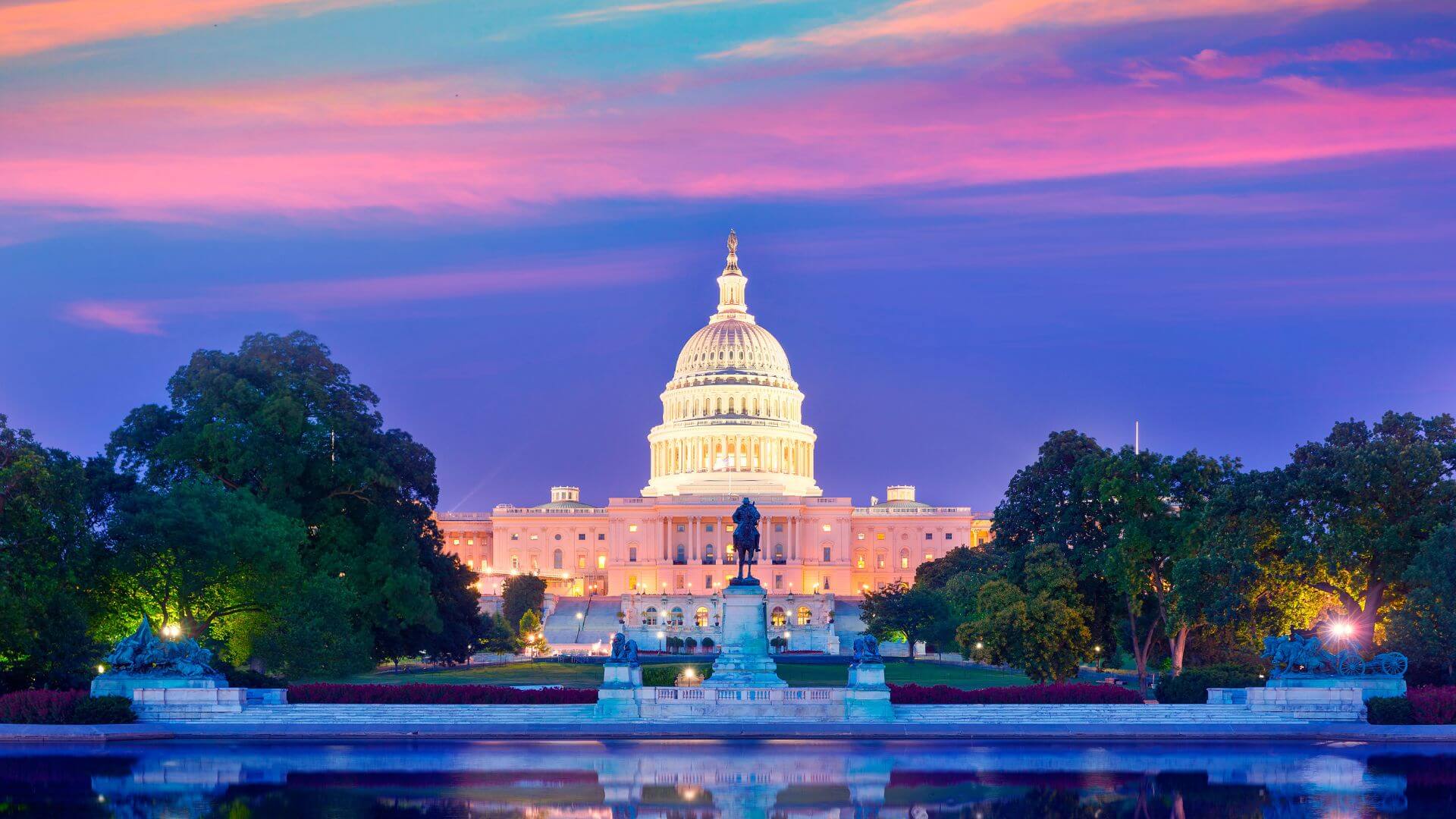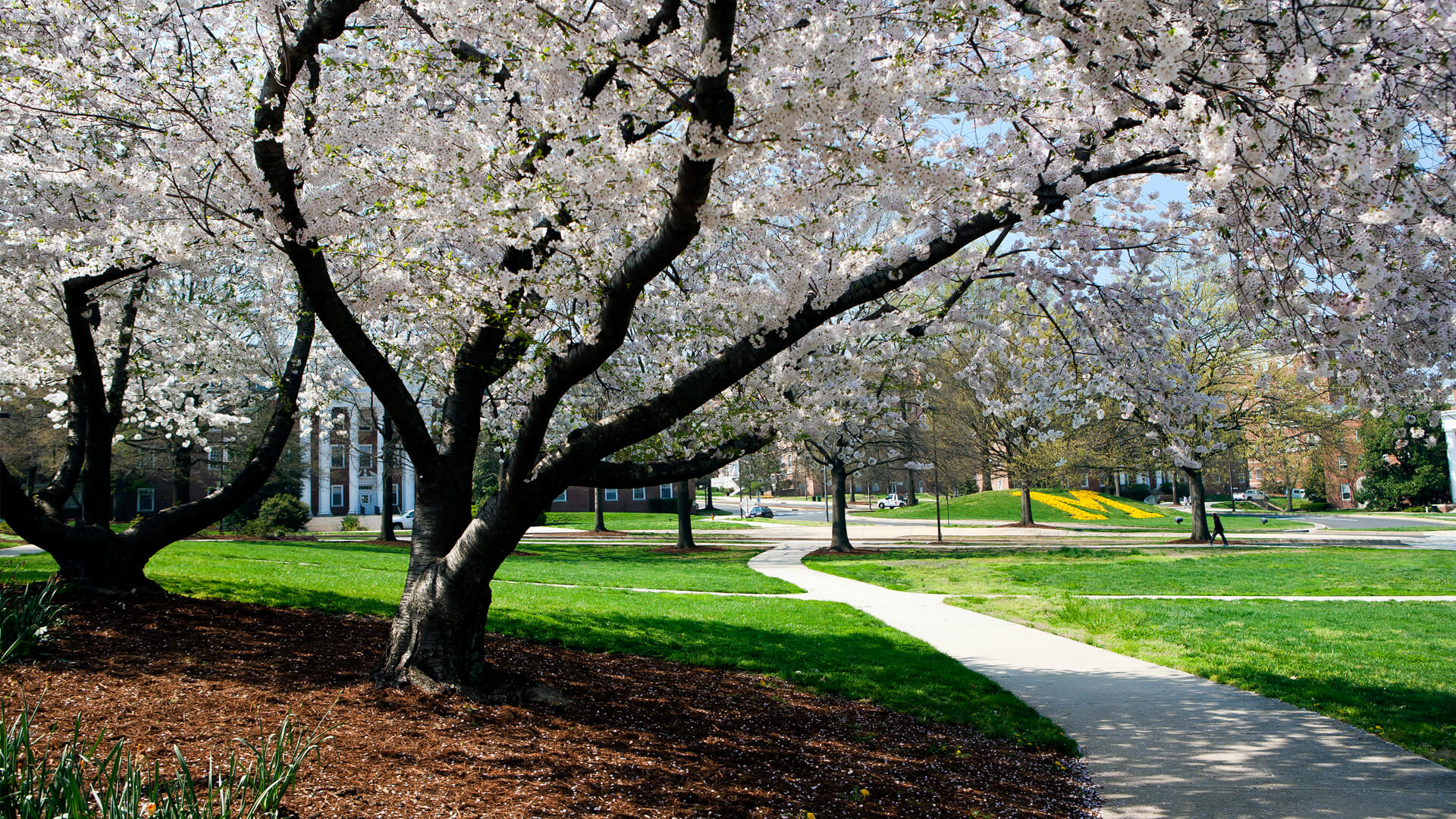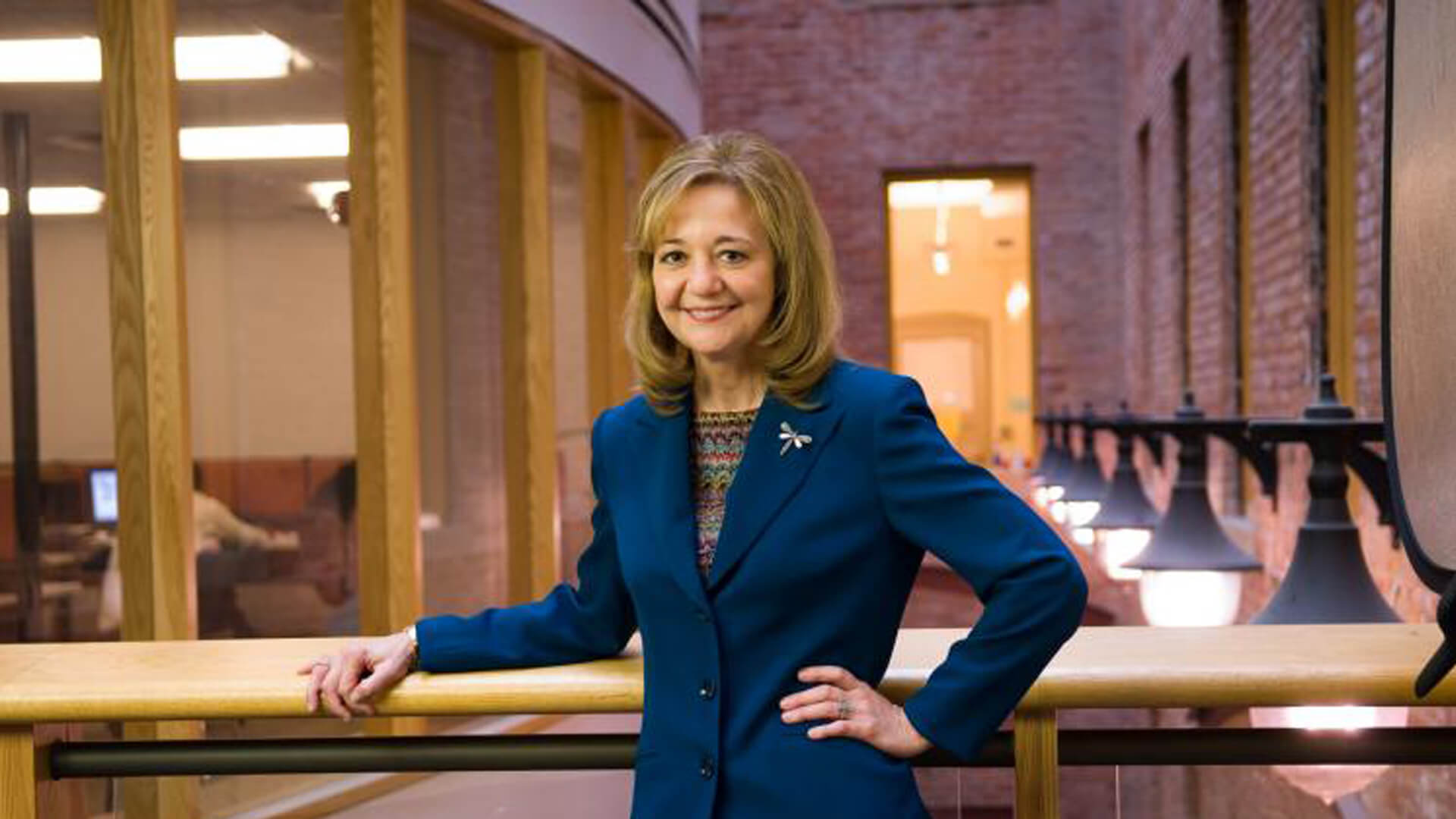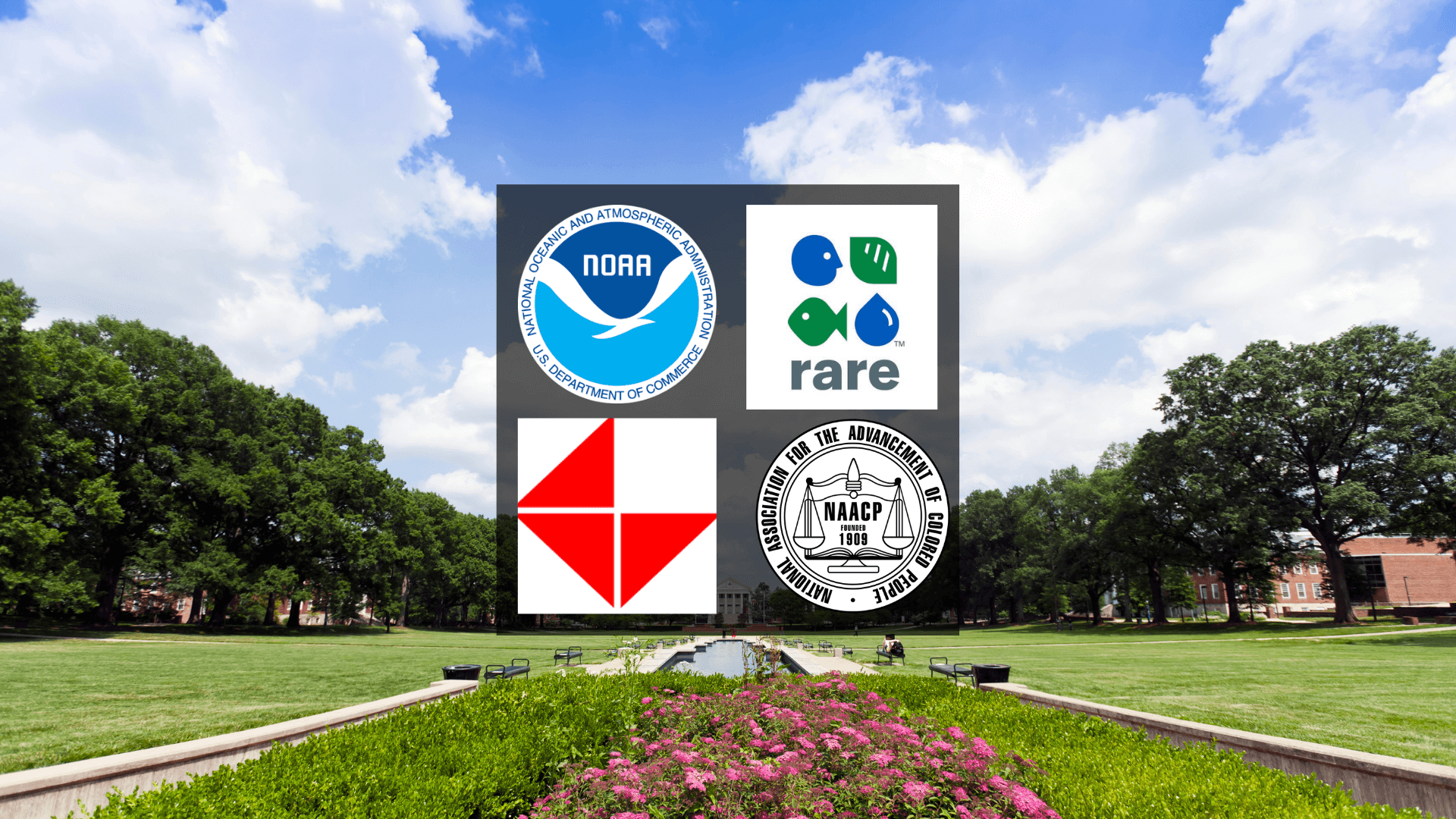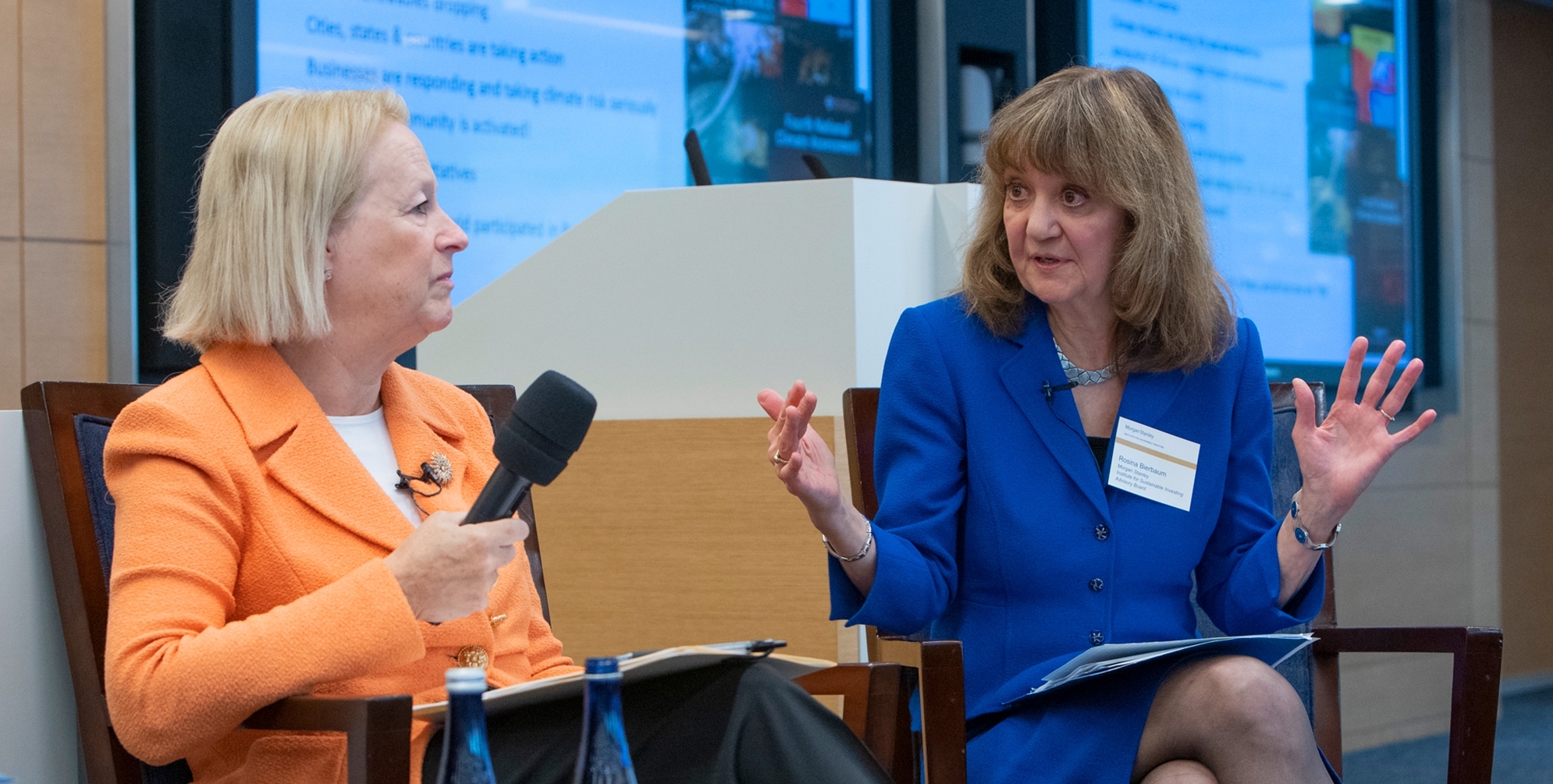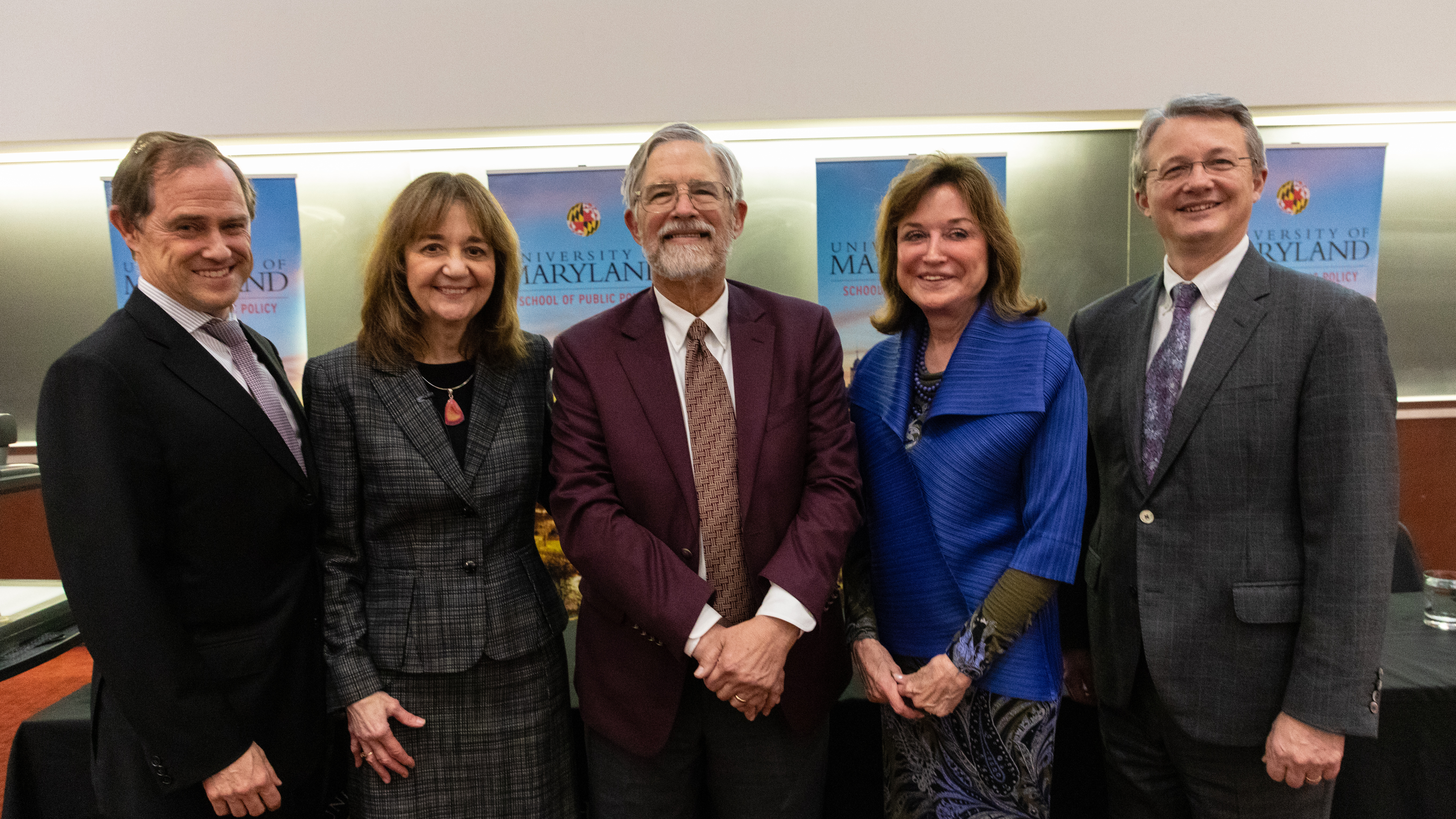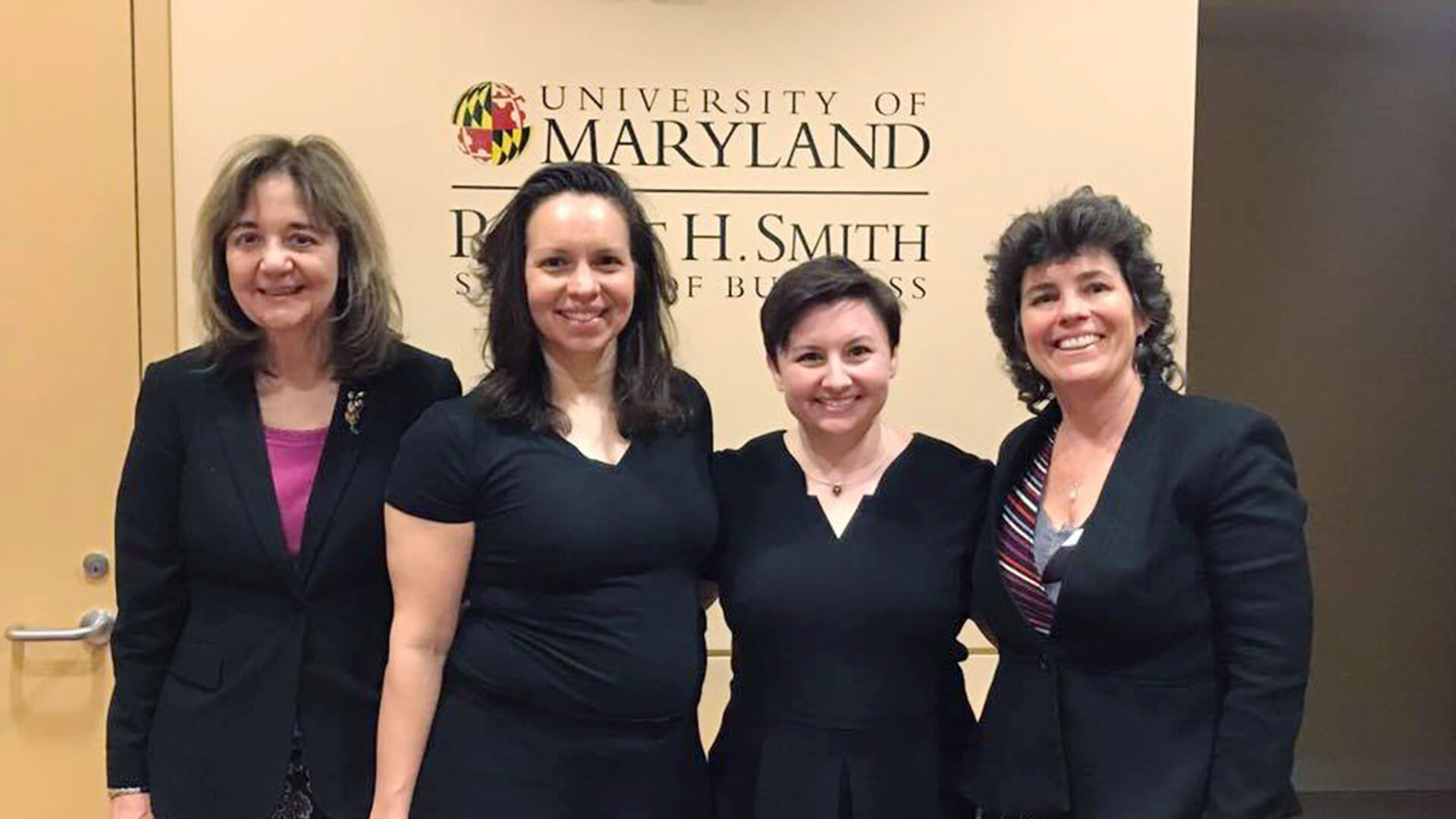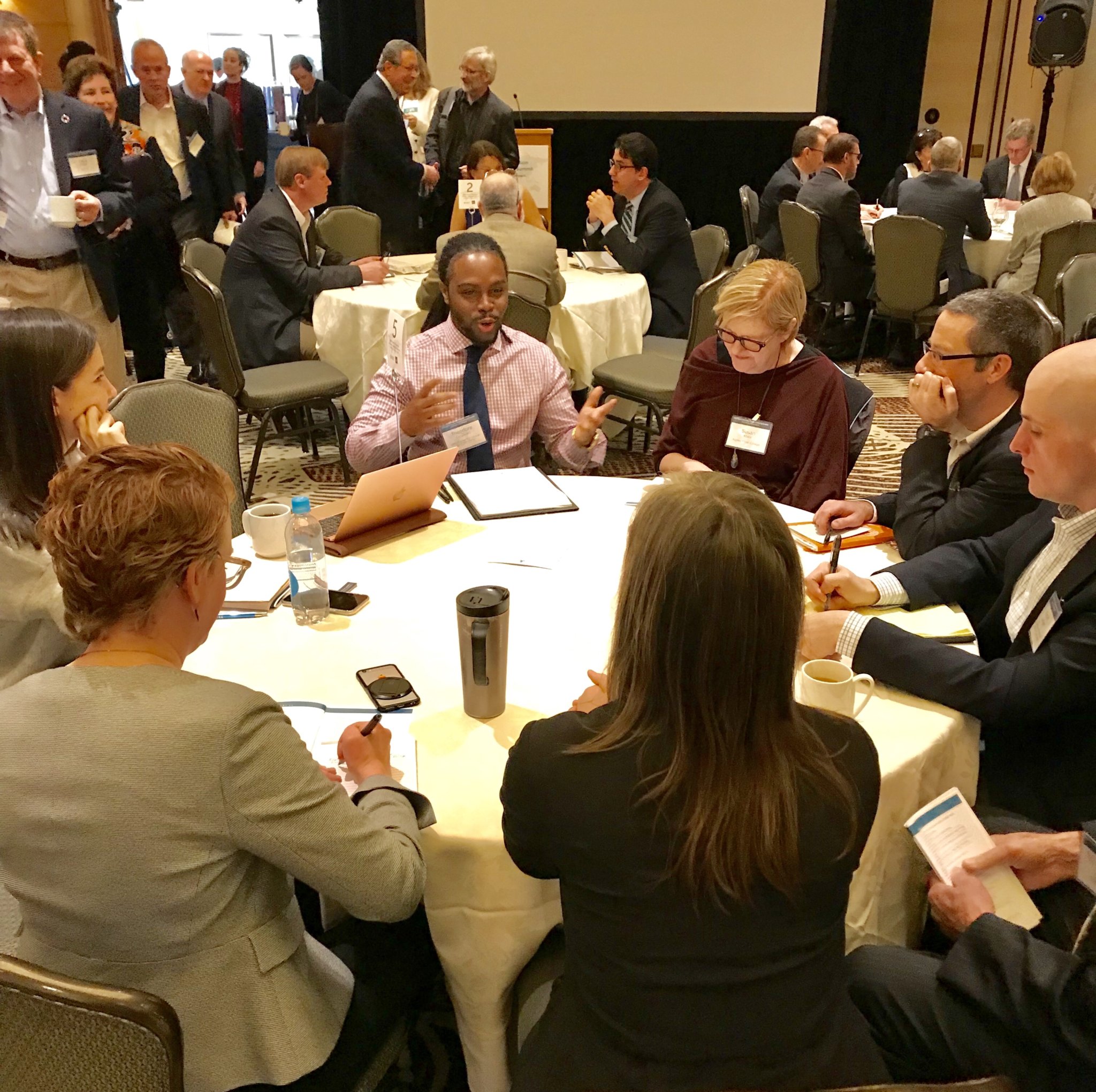Rosina Bierbaum is senior fellow at the Center for Global Sustainability at the University of Maryland School of Public Policy, and a professor and dean emerita of the University of Michigan’s School of Natural Resources and Environment. Bierbaum’s experience extends from climate science into foreign relations and international development. She chairs the Scientific and Technical Advisory Panel of the Global Environment Facility, and serves as a science adviser to the Global Adaptation Commission. Bierbaum served for two decades in both the legislative and executive branches of the U.S. Government, and ran the first Environment Division of the White House Office of Science and Technology Policy. She served on President Obama's Council of Advisors on Science and Technology, as an Adaptation Fellow at the World Bank, and co-author of the 2010 World Development Report on Climate Change. She has lectured on every continent.
Bierbaum is a member of the National Academy of Sciences, a Fellow of the American Academy of Arts and Sciences, the American Association for the Advancement of Science (AAAS), the Ecological Society of America, and Sigma Xi. She received the American Geophysical Union’s Waldo Smith award for ‘extraordinary service to Geoscience’ and the Environmental Protection Agency’s Climate Protection Award. Bierbaum serves on the boards of the Gordon and Betty Moore Foundation, the Wildlife Conservation Society, the Federation of American Scientists, AAAS, the Environmental and Energy Study Institute, the Climate Reality Project, the Morgan Stanley Institute for Sustainable Investing, the International Finance Corporation Business and Sustainability Group, and the Tyler Prize for Environmental Achievement. She earned a BA in English, a BS in biology and a PhD in ecology and evolution.
- Former Acting Director, Office of Science and Technology Policy, Executive Office of the President, White House
- Chair, Scientific and Advisory Panel of the Global Environment Facility
- Science Advisor, Global Commission on Adaptation
- Climate change: mitigation & adaptation; science policy; development & environment
School Authors: Anand Patwardhan, Rosina Bierbaum
Other Authors: Talia Chorover, Carlos Nobre, Mirey Atallah, Lou Perpes, Srilata Kammila, Rohini Kohli, Sonam Khandu, Christian Ledwell, Marco Billi, Upasna Sharma, Adelle Thomas, Christina Chan, Sirazoom Munira, Cristina Rumbaitis del Rio, Sumalee Khosla, Orville Grey, Marcia Toledo Sotillo, Sabrina Nagel, Lucy Njuguna, Minpeng Chen, Anthony Nyong, Jia Li, Tshewang Dorji, Isabel Whisson, Amanda McKee
School Authors: Rosina Bierbaum
Other Authors: Sunday A. Leonard, David Rejeski, Christopher Whaley, Ricardo O. Barra, Christina Libre
School Authors: Rosina Bierbaum
School Authors: Rosina Bierbaum
School Authors: Rosina Bierbaum, Nathan Hultman
Other Authors: Shannon Kennedy
